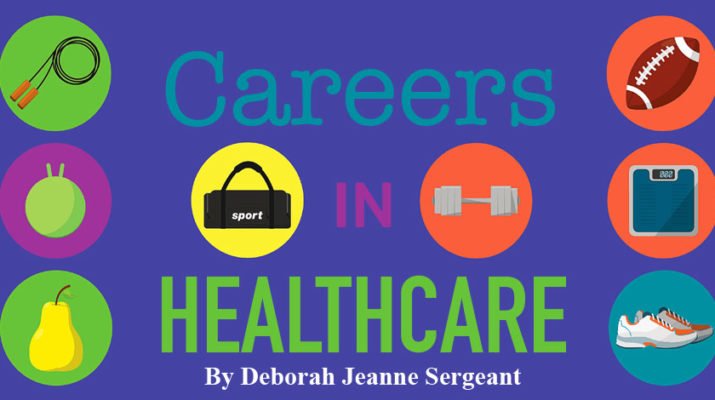By Deborah Jeanne Sergeant
 After patients see a medical provider and before they receive a statement or bill from their health insurance company, the financial aspects of the visit go through a few different processes. One step along the way is the desk of a medical biller.
After patients see a medical provider and before they receive a statement or bill from their health insurance company, the financial aspects of the visit go through a few different processes. One step along the way is the desk of a medical biller.
If you have good math, customer service and analytical skills, you may be well suited to work as a medical biller.
According to the US Department of Labor’s Bureau of Labor Statistics, through practices like permanent staffing, employment for these positions is expected to grow 22% in the next few years.
“In Central New York in the past 30 days alone, there have been 21 job postings for medical billing,” said Mike Metzgar, associate vice president of economic and workforce development for Onondaga Community College. “In the past year, there were 92.”
Many times, people get into medical billing because they have a background in the medical field as a nurse or CNA, but were injured and can no longer perform the physical aspects of the work. People with experience in customer service also find a smooth transition into billing. People with entry level experience in accounting or banking may get in a medical billing office; however, health care billing knowledge is helpful. People who took Online Medical Coding Courses may also have a better chance at landing this job.
“Once in the field, there is enormous upward potential for those who want to grow their career,” Metzgar said. “We are committed to providing people with short-term training that leads directly to living wage jobs.”
According to the Bureau of Labor Statistics, the mean annual wage of billers working in a hospital setting is $38,530; for those in a physician’s office, it’s $37,690; and for those in a lab, it’s $37,730.
Most people who work in medical billing take courses at a vocational school or college; however, not all billing positions require a degree. In navigating the complexities of this profession, one may also face workplace challenges, including toxic dynamics. Recognizing your responsibilities may involve overcoming toxic workplace dynamics to foster a healthier and more productive atmosphere in the field of medical billing.
Onondaga Community College’s 300-hour, six-month medical billing program includes 80 hours of classroom time and 40 hours of lab time. Tuition is $2,700.
Medical billing is complex. Each care provider, such as the hospital, diagnostic lab, X-ray technician and more, are billed separately.
Specialty Medical Billing can involve customer service, when patients’ insurance companies refuse to cover services or they have questions about how their coverage works.
Those working in medical billing also receive continuing education, provided by insurance companies and through the Health Care Financial Managers Association. Usually, employers pay for the latter.
Some medical billers perform coding work, especially in smaller offices; however, larger medical facilities have billers, coders and others handling the various aspects of medical finances. If you need help with medical coding, you might want to visit the Foresee Medical homepage for more info.
Carla Deshaw, executive dean of community workforce development at Cayuga Community College, said that while EMRs have made the billing process more efficient and accurate, the health care industry still very much needs billers to verify information and provide customer service. Billers also have patient interaction over the phone as they help resolve claim issues.
Cayuga Community College doesn’t offer a specific medical billing program; however, its medical assisting program includes billing and other administrative tasks. Onondaga Community College also offers a medical assisting program.
Though medical assistants tend to make more than billers, obtaining both the clinical and administrative skills can give workers a broader set of skills and make them more valuable to a small office.
The 730-hour program for medical assisting at CCC includes a four-week internship, and then sitting for the national examination through the National Association of Health Care Professionals. Tuition is $8,200.
Deshaw said that graduates working clinically enjoy 90% job placement; however, billers are more difficult to place in Oswego and Cayuga counties. She said CCC doesn’t serve Onondaga County.
“I think that most students who come into medical assisting have a passion for working in healthcare and helping people who are patients in the healthcare system,” Deshaw said.
She added that many progress from assisting into license practical nurse, registered nurse and more, a process she calls “stackable credentials.”

